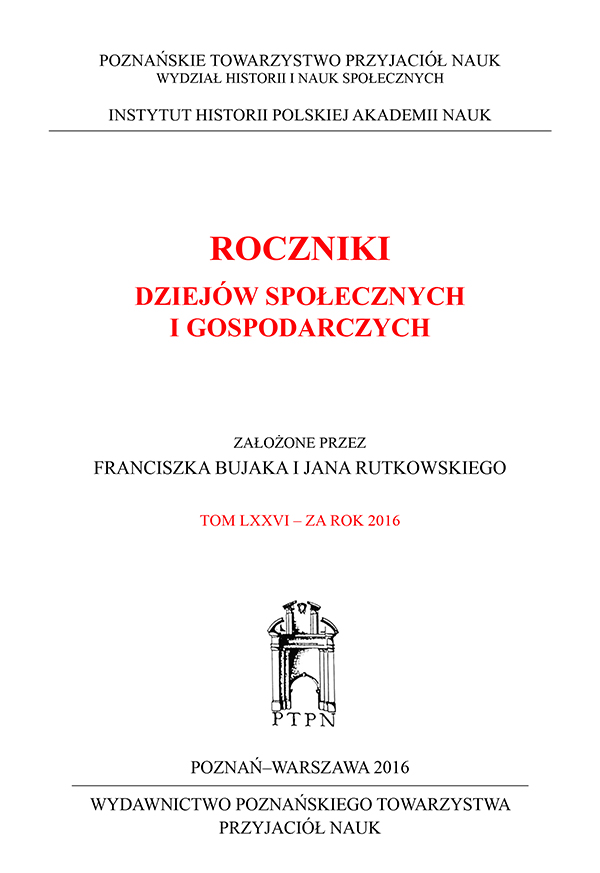Sarmatyzm i Prusy w XVIII i początku XIX wieku
Sarmatism and Prussia in the 18th century and the early 19th century
Author(s): Dariusz ŁukasiewiczSubject(s): History, Cultural history, Political history, Social history, Modern Age, 18th Century, 19th Century
Published by: Instytut Historii im. Tadeusza Manteuffla Polskiej Akademii Nauk
Keywords: Sarmatism; enlightened absolutism; clientage;servitude institute;
Summary/Abstract: The Polish-Prussian history has traditionally been evaluated from the defensive point of view rooted in the times of the partitions. This led to excessive demonisation of the opponent, typical for hostile relations. Moderate demonisation of Prussia, however, was more justified. Prussian modernisation undertakings were either disregarded or ignored. Eventually, however, this trend changed thanks to the emergence of modernisation historiography, which could even be observed in the traditionally conservative Kraków School or the national democratic, and therefore modernisation-oriented, historical writings of Władysław Konopczyński and Adam Skałkowski, presenting Sarmatism as feudal anachronism and describing the absolutist – and therefore imposed from above (von oben) – modernisation in Prussia. This trend is still present in today’s historiography, but Sarmatism is also often seen from a multicultural perspective that focuses on individuality and otherness, and not on inferiority.The author believes it necessary to verify this state of affairs and describe the reforms thanks to which the discrepancy between the level of civilisation development of the Prussian and Russian partition in 1918 increased significantly in comparison to the year 1793. He then indicates a number of elements of such analysis.
Journal: Roczniki Dziejów Społecznych i Gospodarczych
- Issue Year: 2016
- Issue No: 76
- Page Range: 247-288
- Page Count: 42
- Language: Polish

